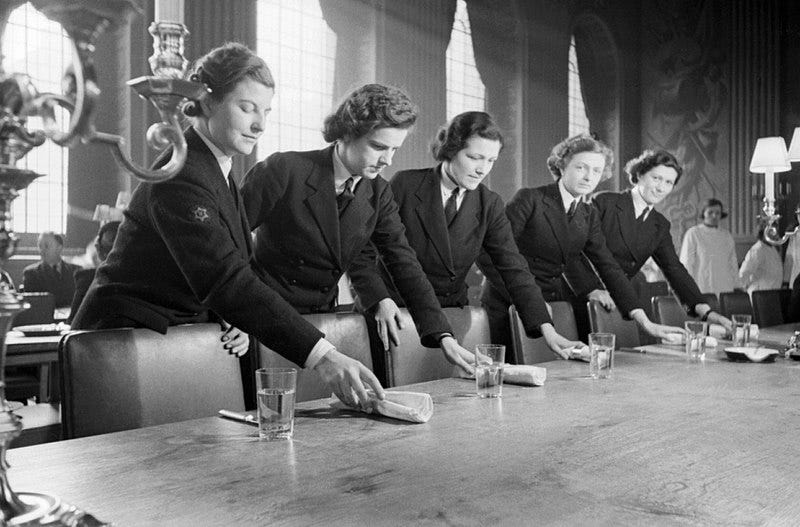From One Vizier To Another: If You Are Having Problems With Your Liege, Look Within
I.
I am an excellent vizier. I do not say this to boast; my excellence is not my own, nor am I exclusively responsible for its manufacture. My excellence is wholly (although not merely) representative of the excellence of my king, begotten rather than made of it, to borrow a phrase.
II.
As the heart is a spring, the nerves an assembly of strings, the joints wheels, and so on giving motion “to the whole body,” as the Philosopher says, a vizier can be best understand as an engine, the purpose of which is to magnify and extend the excellence, authority, and dominion of his king.
III.
The word vizier is itself derived from vičir, mean decree, mandate, command. A vizier quite literally is the king’s command in human form. The vizier is both word and bond. A vizier is no more capable of disloyalty against the king than the king’s own mouth or hands — for how can a man’s tongue speak against himself? Or how could a man’s hands be employed in hitting himself?
IV.
The same is true for chief stewards, for viceroys and vicereines, governors-general, regents, interreges, prior-inquisitors, archboyars, châtelains, acting governors, king’s commissioners, minister-presidents, nomarchs, exarchs, satraps, qadis, prefects, provveditore, superintendents, grain administrators, comptrollers, and legates.
V.
You will see how I have proved it is impossible for a vizier to boast of himself as himself, but only insofar as his excellent conduct benefits his king. Therefore what I say must be true.
VI.
If a vizier (or chief steward, viceroy, et cetera) is having trouble with his king, if they are at odds in any way, if the king does not place complete trust and satisfaction in him, to which party must blame be attributed?



